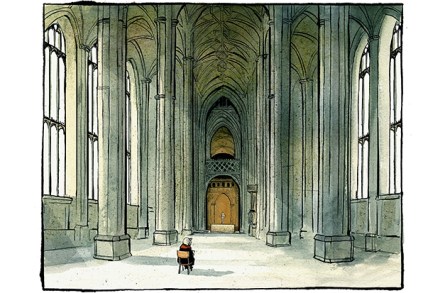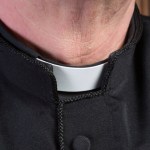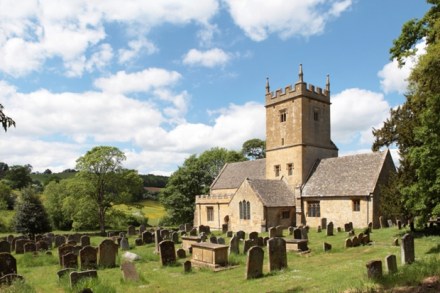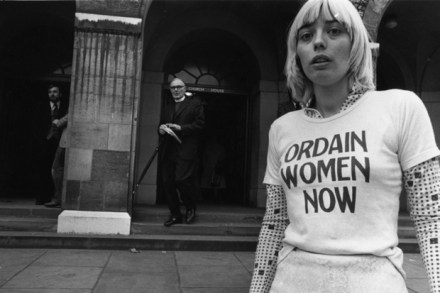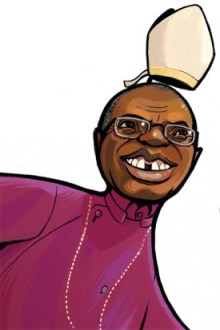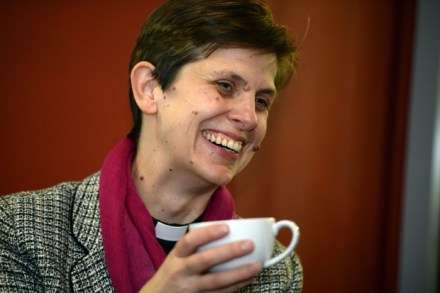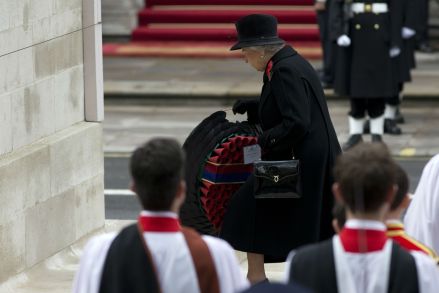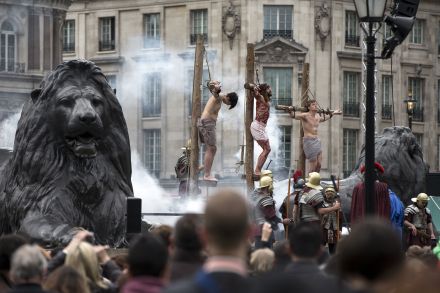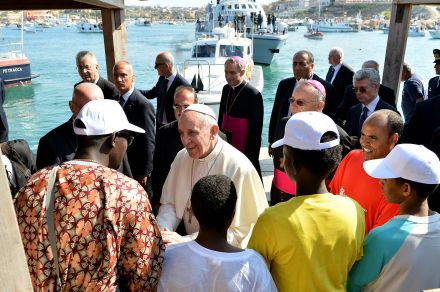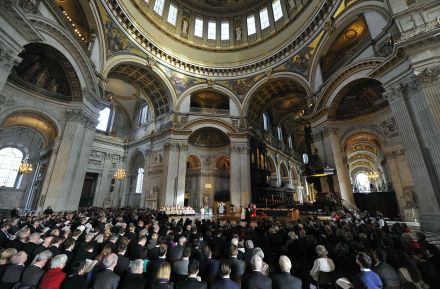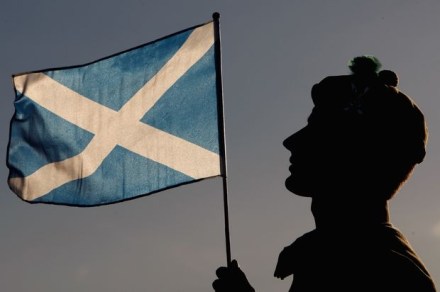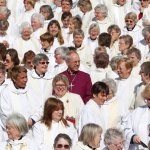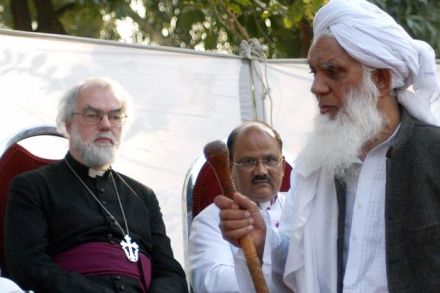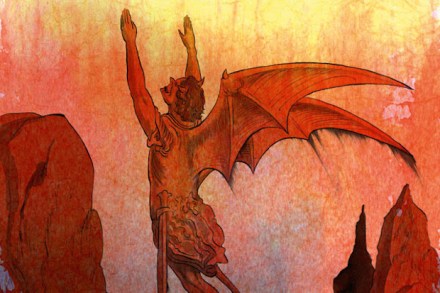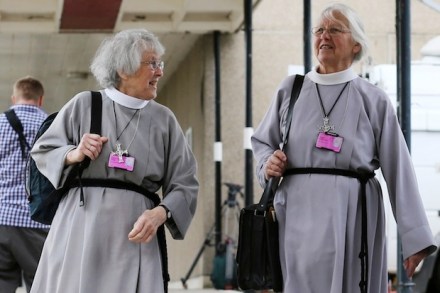Crisis of faith
It’s often said that Britain’s church congregations are shrinking, but that doesn’t come close to expressing the scale of the disaster now facing Christianity in this country. Every ten years the census spells out the situation in detail: between 2001 and 2011 the number of Christians born in Britain fell by 5.3 million — about 10,000 a week. If that rate of decline continues, the mission of St Augustine to the English, together with that of the Irish saints to the Scots, will come to an end in 2067. That is the year in which the Christians who have inherited the faith of their British ancestors will become statistically invisible.
